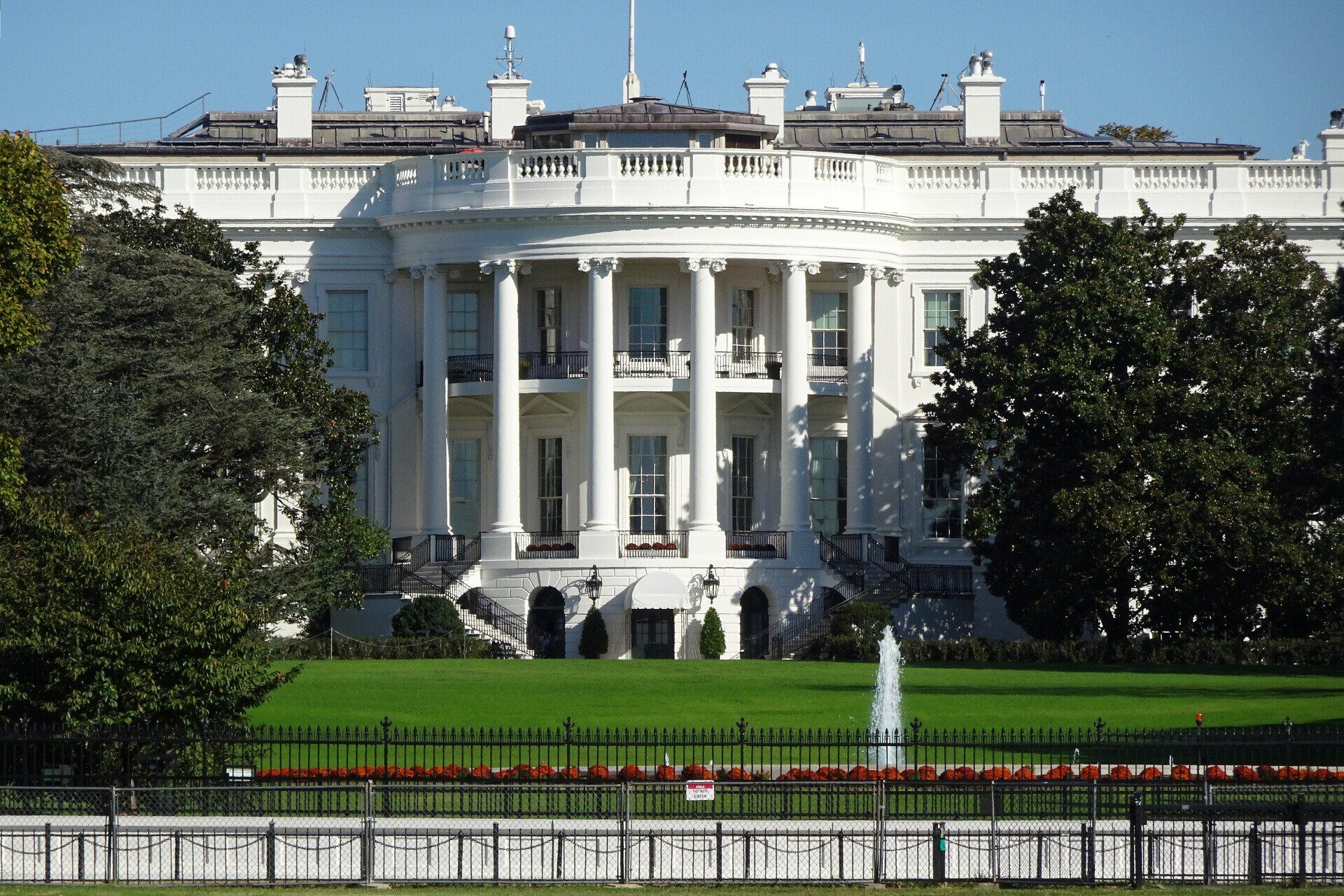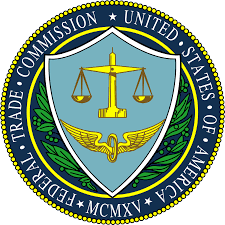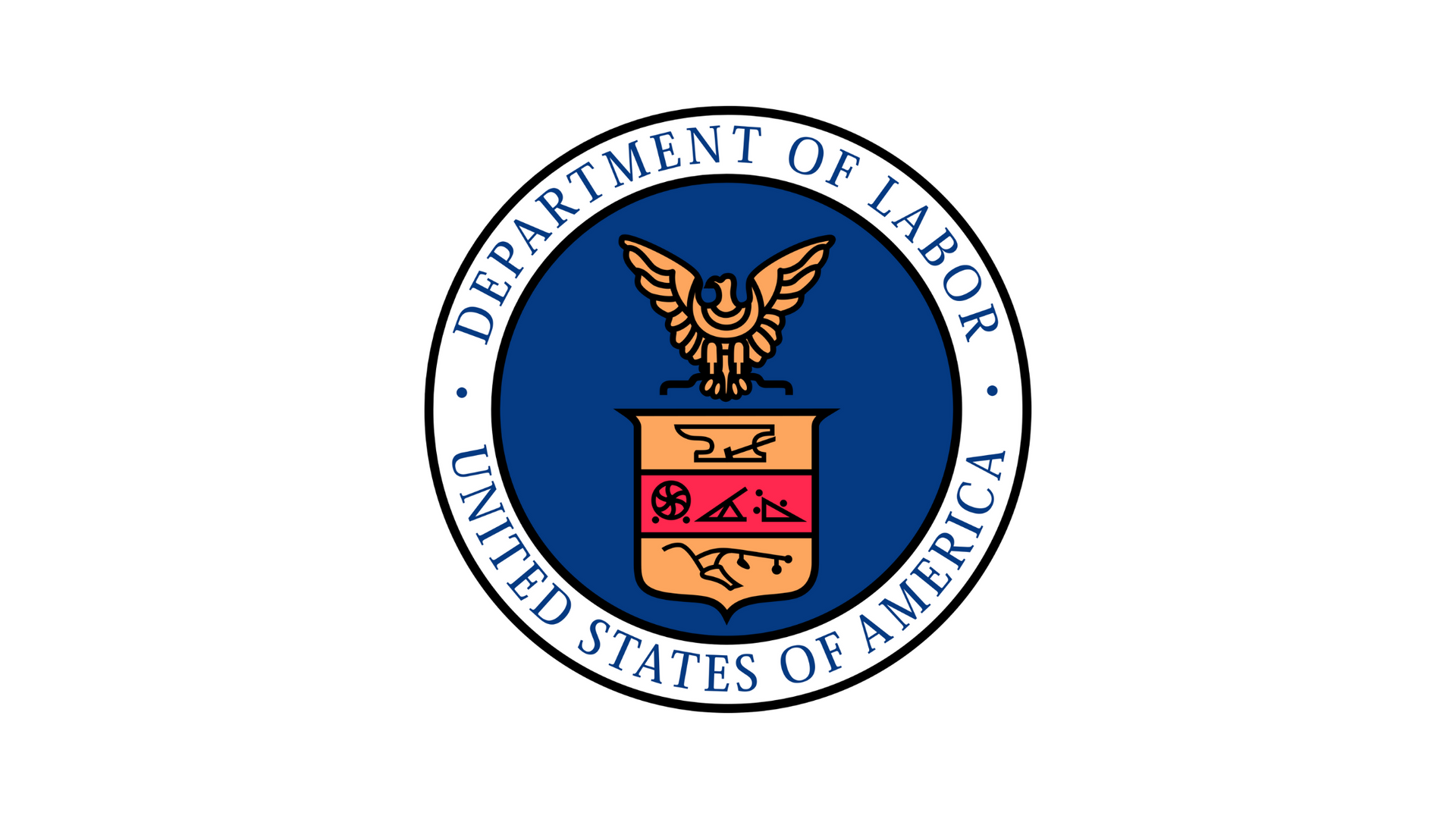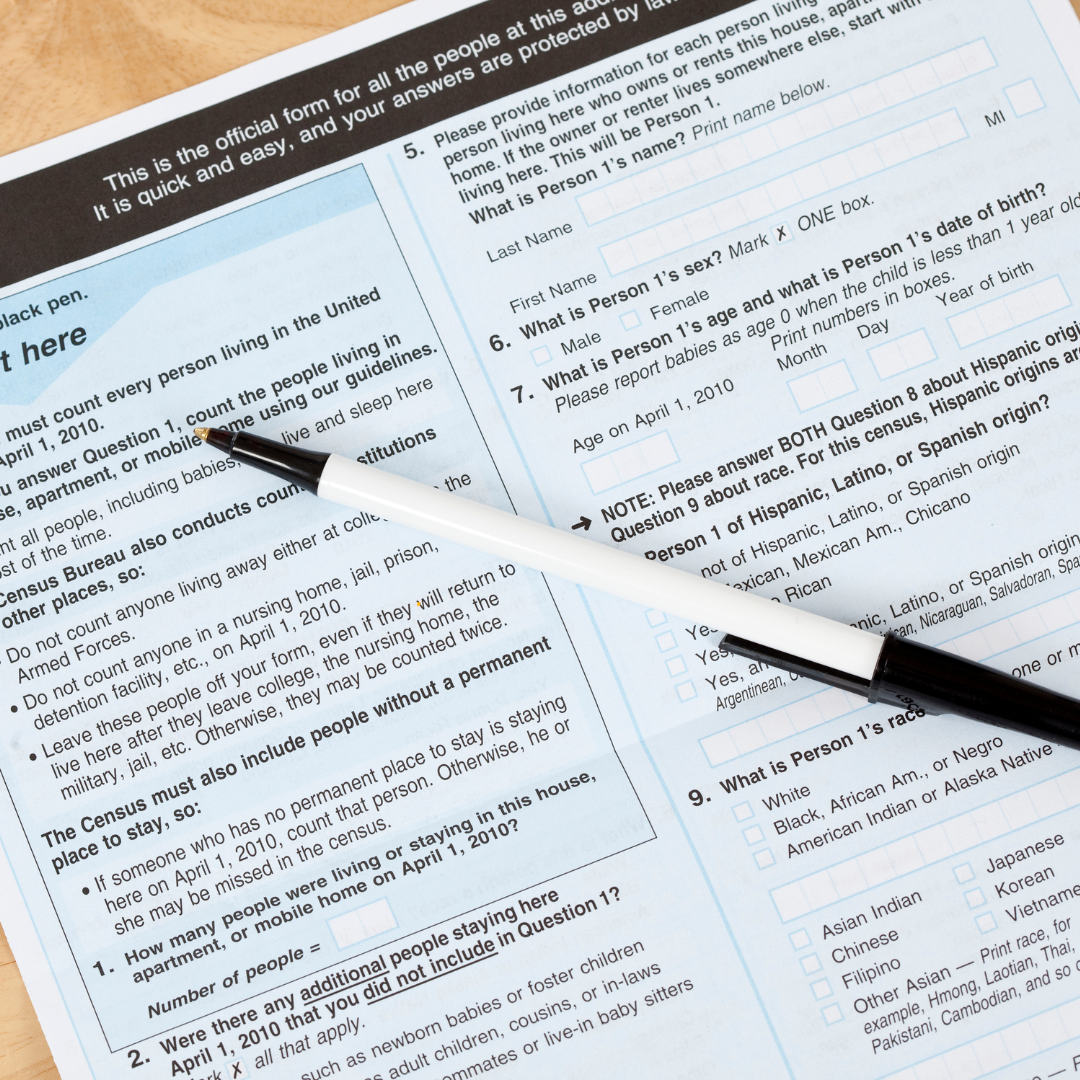Supreme Court Has the Opportunity to Narrow Affirmative Action
The Supreme Court heard contentious arguments this morning in the case of Fisher v. The University of Texas at Austin, Case No. 14-981 (Dec. 9, 2015) (“Fisher II”). Before an eight-Justice panel (due to a recusal by Justice Elena Kagan), the parties addressed whether the use of racial preferences in undergraduate admissions decisions was valid under the Court's decisions interpreting the Equal Protection Clause of the Fourteenth Amendment. During the 90-minute hearing, the Court and the counsel engaged in a heated exchange over four possible outcomes: (1) whether the case should be affirmed; (2) whether it should be remanded for further review; (3) whether any affirmative action admissions program is constitutional; or (4) whether this particular program is constitutional. As U.S. Solicitor General Donald B. Verrilli, Jr. noted, this ruling may have significant implications outside higher education, especially for affirmative action in hiring by private employers.
This is the second time the Supreme Court has heard oral argument in this case. In Fisher I, The Court analyzed whether the scope and application of the University's affirmation action admission policy were sufficiently, narrowly tailored to avoid violating the Fourteenth Amendments protections. At that time, the Court remanded the case, ruling that the Fifth Circuit failed to adequately apply the strict scrutiny test in its decision endorsing the University's admissions policy.
Todays oral argument in Fisher II addressed the issue of whether race could be used as a factor in a holistic review of an applicants qualifications for admissions, as part of an effort to achieve racial diversity. Several Justices voiced hostile opposition to the University's position, arguing that race should never be factor in the admissions process because it would be difficult to determine when race becomes the deciding factor. On the other hand, other Justices suggested that to meet the standard articulated by the Court in Grutter v. Bollinger, requiring a showing of a compelling need for diversity, the University must use race as a factor. Although concern was continually raised throughout the hearing that there was insufficient evidence to reach a decision, several Justices indicated that a remand was unlikely when the University could not point to any additional evidence that could impact the current facts.
Neither of the oral arguments presented a clearly dominant position; thus, we must wait and see how affirmative action admissions policies will fare, post-Fisher II. The final opinion is expected at the end of the Courts term in late June 2016. If you have questions regarding this case or would like a copy of the transcript, please contact your FortneyScott attorney.




All Rights Reserved | Powered by AutomationLinks | Terms & Conditions | Privacy Policy







